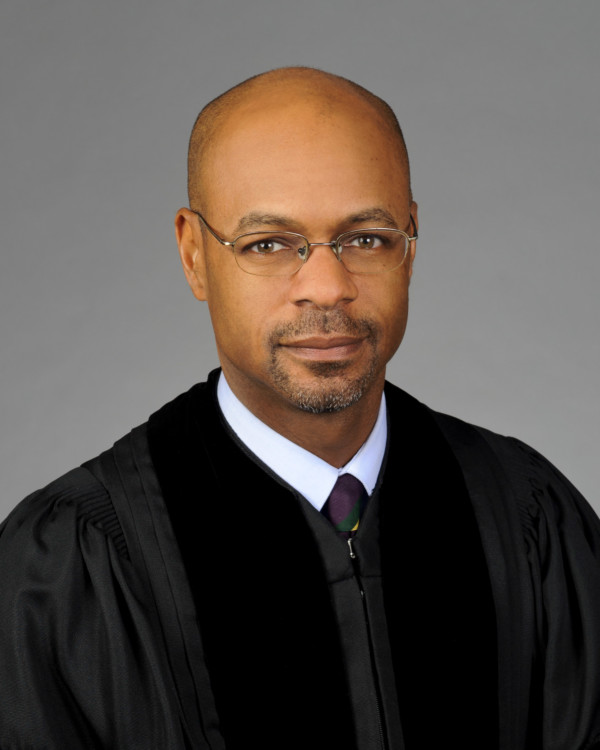
ATLANTA – A new committee of Georgia judicial leaders will look for ways to restructure the state’s law libraries to serve a growing number of citizens acting as their own lawyers, state Supreme Court Chief Justice Harold Melton announced Wednesday.
“Historically, law libraries were the place lawyers and judges went to do legal research,” Melton told a joint session of the Georgia House and Senate during the annual State of the Judiciary address. “That paradigm has quickly faded, and many law libraries today sit all but abandoned as monuments to legal tomes, devoid of lawyers. … Today, just about the only people who go to law libraries are non-lawyers.”
Melton said more and more low- and even middle-income Georgians are seeking to represent themselves in civil cases because they can’t afford a lawyer. The number of self-represented Georgians has reached more than 1 million, he said.
“When people represent themselves, their unfamiliarity with the law and court procedures often results in frustration for all involved, rescheduled and protracted hearings and other inefficiencies that consume valuable state and local resources,” he said. “Our legal system is an adversarial system; people win and lose. Citizens who represent themselves more often lose.”
Melton cited two local programs at different ends of the state for their work to help fill the knowledge gap for self-represented citizens.
A self-help center launched in 2018 by the Dougherty County Law Library is now serving an average of 40 self-represented litigants a day. The Fulton County Superior Court will open its Justice Resource Center within a month.
“Self-help resource centers such as those in Fulton and Dougherty counties have the potential to embody the new role of Georgia’s law libraries: a place where citizens will gain greater access to our legal system,” Melton said.
The new task force on law libraries will be chaired by state Supreme Court Justice Charlie Bethel and Fulton County Superior Court Judge Robert McBurney.
On other challenges facing the Georgia judiciary, Melton said he expects recommendations soon from a committee he formed last fall to identify and mitigate the state judicial system’s vulnerabilities to cyber attacks.
Last June, the Georgia Administrative Office of the Courts was hit by a major ransomware attack that caused some courts to lose access to electronic records from case files going back 20 years or more.
Melton pledged to support the work of the state’s Behavioral Health Innovation and Reform Commission, which the General Assembly created last year. The commission is working to identify how Georgians suffering mental health problems can become entangled in the criminal justice system.
Melton also thanked former Gov. Nathan Deal for spearheading construction of the new judicial center that bears his name, the first state building in Georgia history dedicated solely to the judiciary. The building on Capitol Avenue in downtown Atlanta was dedicated during a ceremony earlier this month.
And the chief justice praised Georgia Supreme Court Justice Robert Benham, who is retiring at the end of this week after more than 30 years on the high court. Benham, who received a standing ovation in the House chambers Wednesday, became the first African-American to sit on the state Supreme Court when then-Gov. Joe Frank Harris appointed him to the post in 1989.
_____
